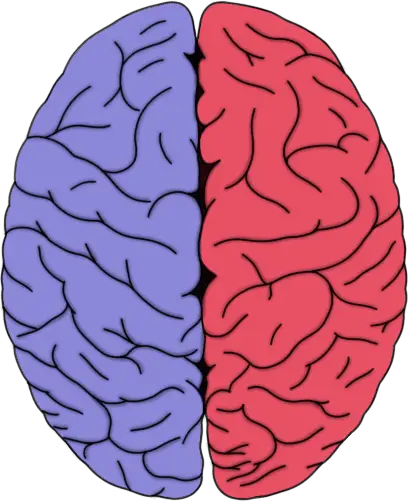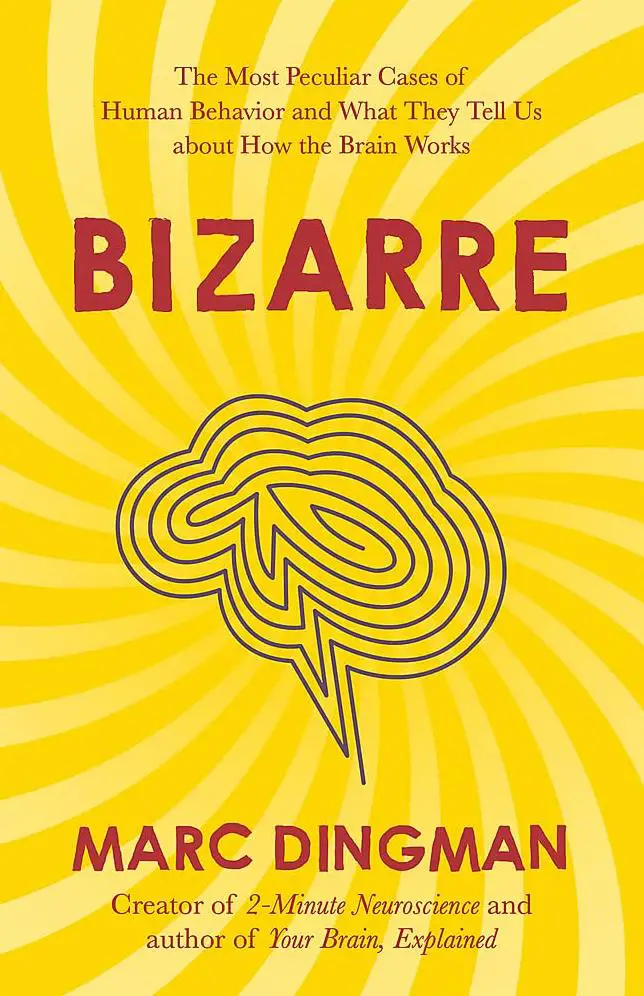Genes and Happiness, or Free Will Revisited
As I begin writing this post I can’t help but be reminded of the one I wrote a few weeks ago about the troubles one runs into when trying to reconcile present-day understandings of neuroscience and genetics with the traditional concept of free will. A team of researchers from the University of Edinburgh and the Queensland Institute of Medical Research recently conducted a study to investigate how much our subjective sense of happiness is dependent upon our genetic makeup (and thus personality style). Is our ability to be happy solely up to us ("us" being defined as hypothetical beings with complete free will), or is it constrained by the type of person we are, which is determined to a large extent by our genes?
To find out, the researchers studied a sample of 973 pairs of twins (365 monozygotic, or identical, and 608 dizygotic, or fraternal). Twin studies are an experimental method used in behavioral genetics to isolate the influence of genes on personality. Since monozygotic twins share 100% of their genes, behavior that is based primarily on genetic makeup can be assumed to be seen in both members of a pair. The actual observations can be compared with the phenotype of dizygotic twins, who only share about 50% of their genetic information. Similarities between monozygotic twins that aren’t as significant in the dizygotic twins can be assumed to have a prominent genetic basis. In this model, environmental effects are also considered, but the composition of the sample allows the effects of gene and environment to more easily be separated.
The researchers used a questionnaire called the Midlife Development Inventory (MIDI) to assess the personality of the participants. The scores were averaged across five dimensions that describe overall personality characteristics, known as the Five Factor Model (FFM). It consists of Openness, Conscientiousness, Extraversion, Agreeableness, and Neuroticism. The FFM is a personality assessment tool that was developed in the early twentieth century. It has been refined numerous times, and been shown to be a reasonably accurate instrument for making generalized appraisals of personality.
Certain traits measured by the FFM have also been correlated with one’s sense of subjective well-being, especially Neuroticism, Extraversion, and Conscientiousness. The reasons why exactly are uncertain, and could be due to any number of factors involving how these traits affect one’s social interactions and lifestyle. For example, low Neuroticism may indicate emotional stability and Conscientiousness could denote self-restraint, both qualities which are often considered important in leading a contented life.
The researchers also conducted an interview to assess well-being, asking participants how satisfied they were with their life at present, how much control they felt they had over their lives, and how satisfied they were with life overall.
The group found that, as has been seen in the past, subjective well-being was correlated with the personality traits of the FFM. Specifically, it was negatively correlated with Neuroticism, and positively correlated with Extraversion, Openness to Experience, Agreeableness, and Conscientiousness. In addition, the correlation between the FFM characteristics in monozygotic twins was significantly higher than in dizygotic twins, suggesting a genetic basis for the formation of these personality traits.
Subjective well-being was shared between the twins at a level correlated with that of their positive personality traits. What this suggests is the following: we are born with a particular genetic makeup that is deeply ingrained and difficult to change, regardless of experience. This makeup is translated into personality traits that can be broadly generalized into categories such as neurotic, extroverted, etc. Some of these traits end up being conducive to our happiness and well-being. The less neurotic an individual is, for example, the happier he or she tends to be. Since these attributes are genetically prescribed and predictive of our happiness, some would say the amount of happiness we are able to experience in life is limited to a great extent by our genetic makeup.
It is easy, however, to take this argument a bit too far. A headline today on sciencedaily.com, for example is “Genes Hold the Key To How Happy We Are, Scientists Say." This is not really what the authors of this study are claiming. They instead are suggesting our genes provide us with a starting point, a set-point of emotional stability, which we end up moving from in one direction or another based on our experiences. While it is important for some of us to understand how the limitations of our genetic makeup might handicap us when it comes to the enjoyment of life, it’s also necessary to point out that the environment can have drastic effects on who we are compared to our original constitutional makeup. People born with what might be considered an unfavorable personality assessment according to the FFM often come up with innovative ways to improve their life, and their outlook on it. So, do genes alone hold the key to how happy we are? I don’t believe so. But they may provide us with a rough outline, albeit one that we are able to constantly revise throughout our lives.
Of course, I may just be in a good mood today. I don’t think the post I wrote about neuroscience and free will a few weeks ago was so optimistic. Those revisions we make in that outline may themselves be constrained by genetic limitations on the options we are able to imagine…and the argument can go on and on…
Weiss, A., Bates, T.C., Luciano, M. (2008). Happiness Is a Personal(ity) Thing: The Genetics of Personality and Well-Being in a Representative Sample. Psychological Science, 19(3), 205-210. DOI:10.1111/j.1467-9280.2008.02068.x


